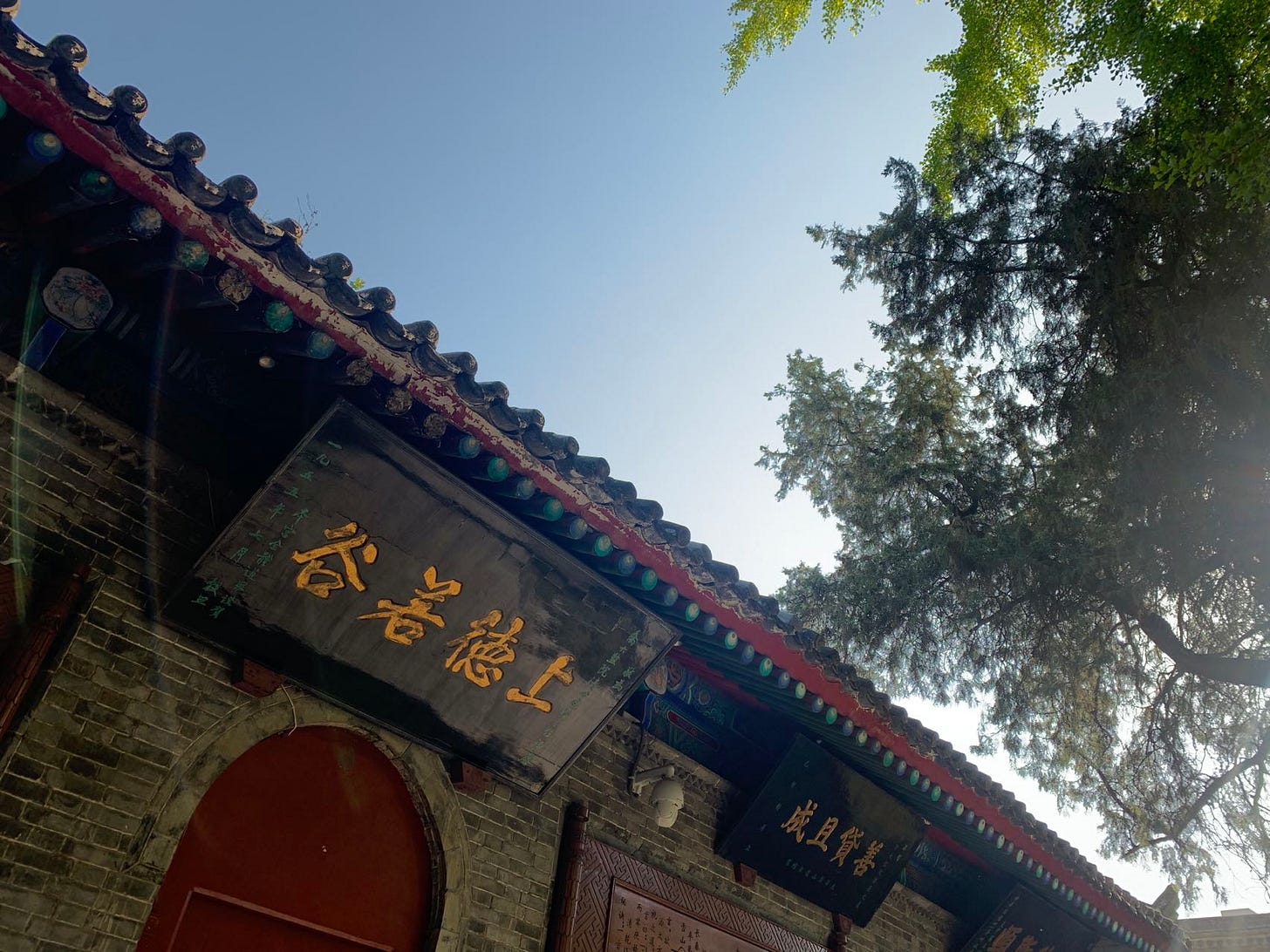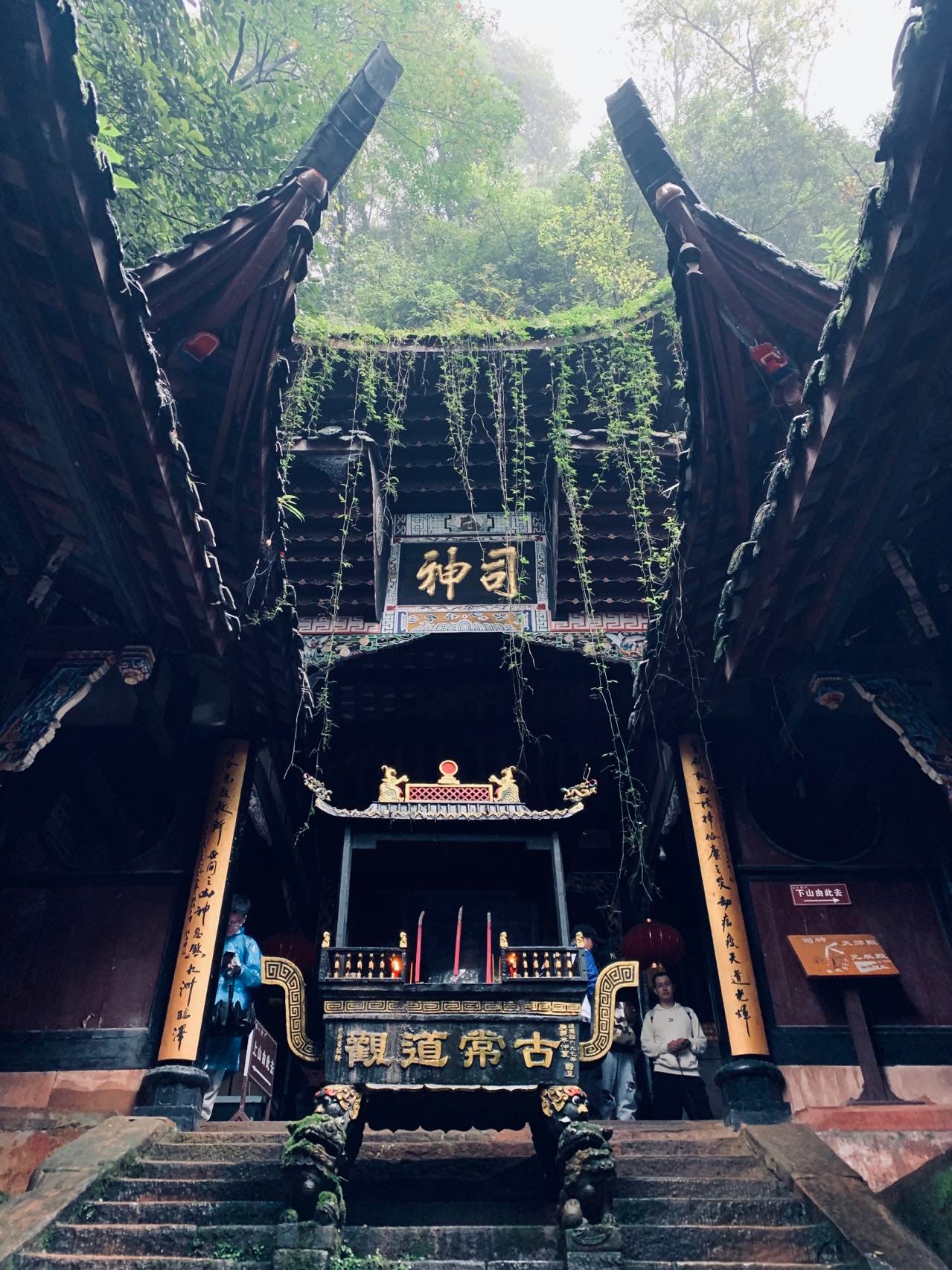Hello, I am Yuxuan, an explorer of Taoist philosophy, dedicated to bridging ancient wisdom with contemporary living.
My academic journey encompasses two Master's degrees from the University of Pittsburgh and the University of Toronto. At the University of Pittsburgh, I majored in International Political Economy and Public Policy, while at the University of Toronto, I studied Political Science with a specialization in East Asian Studies, coupled with a training on Research Methods.
Over the past 9 years, my professional trajectory has been equally diverse, guiding me through various domains including policy and research, business consulting, and the media industry in the United States and China. These experiences have fostered within me a profound appreciation for the intersection of cultures.
I am deeply convinced that within every individual lies a profound spiritual and introspective essence waiting to be explored. Through my writings on Taoism Reimagined, I extend a heartfelt invitation for you to join me on a journey of transformative self-discovery and inner growth.
Walking with the Tao
The central puzzle driving the project of Taoism Reimagined is the quest for a simple and meaningful existence amidst the complexities of modern society.
To unravel the essence of Taoism, I will delve deep into its historical origins, tracing its evolution and legacy in Sinitic culture. This immersive exploration will bring out valuable insights and revelations, illuminating the wisdom of ancient Taoism.
As a comparative culturalist, I will explore the interplay between Taoism and other philosophical traditions, creating a dialogue across cultures and continents.
Through this journey, you will discover the enduring relevance of Taoism's teachings and apply them to navigate the challenges of modern life.
Drawing inspiration from the Taoist sages, you will find the strength to overcome personal struggles and achieve self-transcendence in times of upheaval and uncertainty.
Ascending Beyond Chaos and Confusion
As a history student with a background in political science and public policy, I have long been preoccupied with a question that continues to intrigue me to this day: Is the world we inhabit genuinely becoming a better place?
Despite more than ten years of study and professional work, I remain uncertain whether a definitive answer exists. While we have undoubtedly achieved unprecedented material progress, what about our moral compass, beliefs, life principles, and overarching human values?
Do we still uphold the virtues of honor, responsibility, kindness, empathy, and a shared commitment to supporting each other, particularly during challenging times, while ensuring that our actions leave a lasting legacy that benefits future generations?
It was during a moment of deep uncertainty and confusion that I reconnected with ancient Taoism.
The teachings of Lao Tzu and Chuang Tzu led me into a mystical and transformative universe that emphasizes wu-wei 「無為」, “fasting of the mind” 「心齋」, non-contention 「不爭」, eternal reversion 「永恆循環」, and the use of uselessness「無用之用」
These concepts challenged my beliefs and prompted me to reconsider and reorganize my entire belief system.
Note: An inside photo of the Temple of the Eight Immortals, the biggest Taoist Temple in Xi'an, Shaanxi Province, China. The saying on the inscribed board says, “Superior character appears like a valley.”「上德若谷」Xi’an, traditionally named Changan, was the capital of the Zhou dynasty (1046 BC – 256 BC), from which the Ritual tradition originated. Early Confucian and Taoist thinkers reinterpreted the Ritual tradition and accomplished their philosophical breakthroughs. So this is the historical lineage and continuity in the Sinitic culture.
This spiritual awakening inspired me to visit centuries-old Taoist abbeys established in traditional China, where I sought to unravel the mystery of how religious Taoist practitioners1, who were influenced by the writings of Lao Tzu and Chuang Tzu, managed to preserve their cultural legacy amid political, social, and cultural crises and dramatic changes.
Note: A famous Taoist abbey located at Qingcheng Mountain, Chengdu, Sichuan Province, China.
As I delve deeper into the Taoist tradition, I am increasingly captivated by its profound insights into the relationships between humans and the cosmos, individuals and the political and social order, and its enduring appeal to commune with nature.
Lao Tzu once remarked in the Tao Te Ching that his teachings were easy to comprehend and follow, yet most people failed to understand their true meanings and never put them into practice.
Thus, my commitment on this journey is to uncover and present the timeless wisdom of ancient Taoism to contemporary cultural observers who possess common sense and aspire to lead a simple yet individualistic way of life.
Revealing Ancient Taoism
Taoism Reimagined explores the ancient Taoist tradition, drawing mainly from the foundational texts of Lao Tzu and Chuang Tzu. I will use various methods of articulation to help readers understand the meaning behind the concise and subtle language of the Taoist classics, which were written over 2,000 years ago.
So the content will have several components:
Stories of Taoist Masters: Life stories of great Taoists and historical figures influenced by Taoism.
Reinterpreting Taoism: Articulating the fundamental principles and ideas of Taoism and exploring the allegories and stories that contain lessons and inspiration, particularly from the works of Chuang Tzu.
Taoist Perspective: Essays and reflections on cultural, social, and political phenomena with a Taoist angle.
Furthermore, this project will explore comparative studies of Taoism and other religious and political thought. Readers interested in understanding the essence of Taoism and gaining practical insights to guide their actions will find this particularly enlightening.
Overall, the aim of this project is to present ancient Taoism in a comprehensive and accessible way so that a wider audience can appreciate the wisdom and teachings of Taoist masters.
Transforming with the Inspirations of Taoism
In a world driven by opinions and prejudices, it's easy to fall into the trap of letting them control our emotions and behavior. But what if we could break free from these shackles and live a life of true freedom and inner peace?
Taoism offers a path to do just that. By challenging our preconceived opinions and opening ourselves up to new ideas, we can purge our egos and find clarity in a world of constant change.
The fundamental rule is to be open-minded. Just let ideas flow into your mind, either favorable or disconcerting.
Picture yourself in a room with sunlight pouring in through big, clean windows — that's the mental clarity that Taoism can bring.
Life is a journey of constant change, full of roadblocks and unexpected twists and turns. But to overcome these challenges, we must cultivate inner strength and resilience.
Being honest with ourselves and remaining fluid in our positioning can help us adapt to any situation. When we incorporate the wisdom of Taoism into our lives, we can navigate the ups and downs with confidence and spiritual tranquility.
Don't let life's challenges distort or destroy your innate self and singularity. With the power of Taoism, you can remain true to yourself and become a pattern breaker in a world of conformity.
Now is the time to embrace Taoism, revel in your mystic ascent, and explore this world as a liberated soul.
There is a clear distinction between Taoism as a school of thought and as a religion. Lao Tzu (approximately 561-467 BC) and Chuang Tzu (approximately 369 - 298 BC) are the foundational thinkers of Taoism. Their works largely influenced the rise and popularity of religious Taoism in traditional China since the Eastern Han Dynasty (25-220 AD).
This project only focuses on Taoism as a school of thought instead of its religious derivative.






